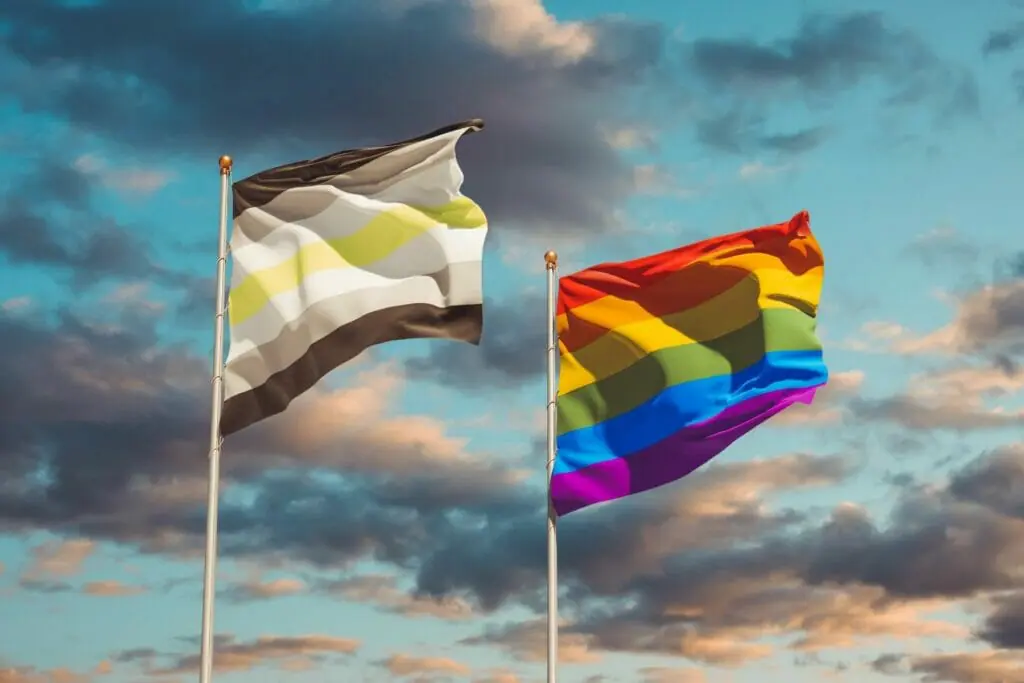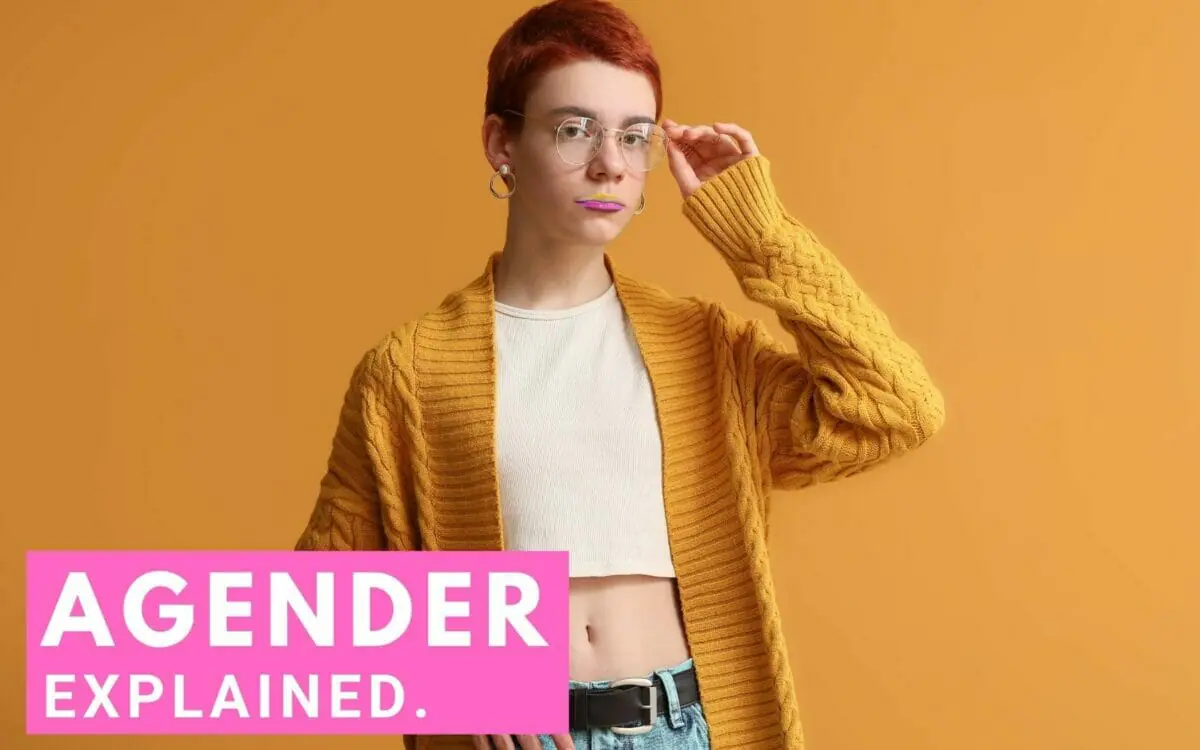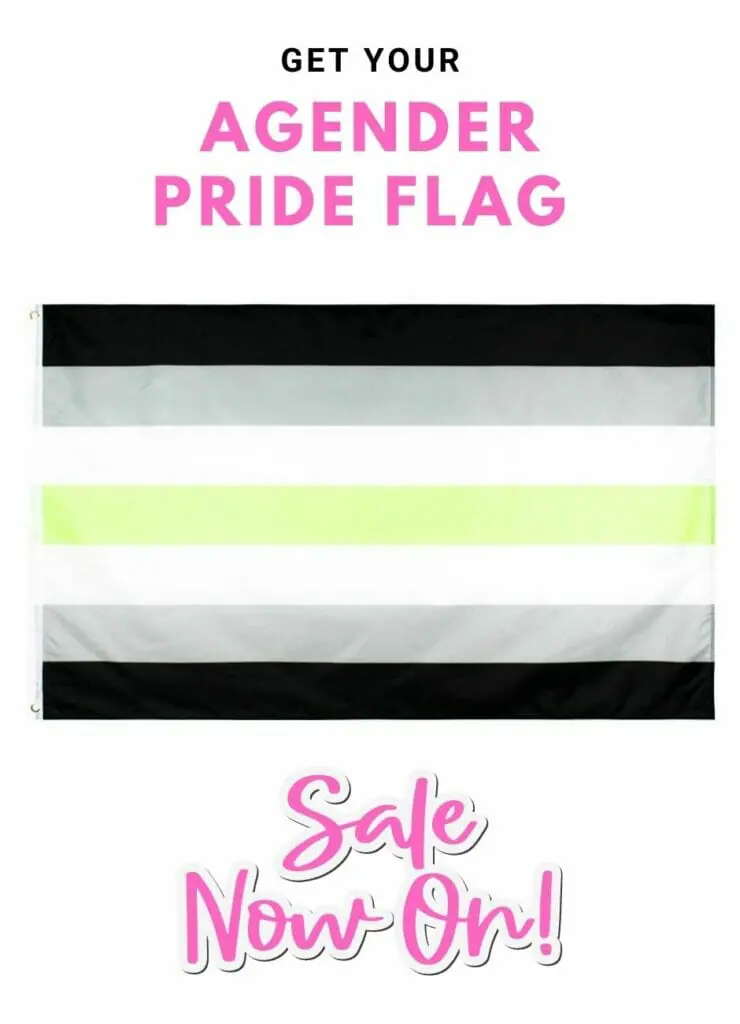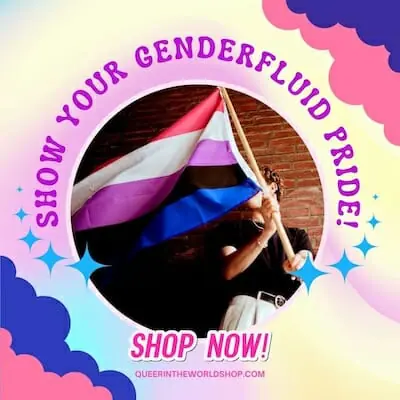There are many gender identities and sexual orientations that anyone can feel connected to or identify with.
More and more terms have been popularized over the years to represents the emotions and experiences of queer individuals and if you aren’t immersed in the LGBTQ+ culture or the queer community, you might not recognize a few sexual orientations and gender identities due to a lack of representation in mainstream media.
One such term is agender. It is one of the most frequently misunderstood queer terminologies so we are going to explain what is agendered, chat about the fabulous seven-stripe agender pride flag, and then help you become a better straight ally to agendered individuals.
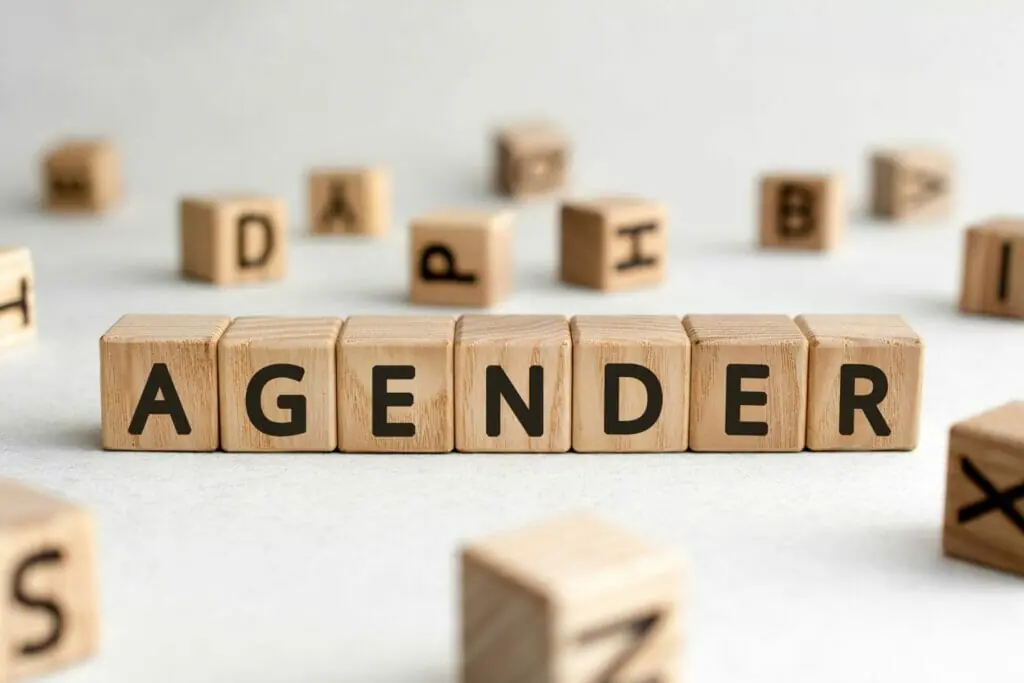
In this article we will cover...
What Does Agender Mean?
Like many words we use to describe gender, “agender” is a relatively new word. Of course, that doesn’t mean that the identity is new or that agender people didn’t exist before we had the language we do now to identify them.
In short, agender means someone is gender-neutral. An agender person may not see themselves as either a woman or a man, but they still have a gender. An agender person may see their gender as undefinable or unknown.
Agender can also mean someone who is gender-agnostic, who doesn’t care about gender, and doesn’t want a label on their external or internal identity. An agender person may prefer to be identified as a person rather than gender. Agender and asexual should not be confused and are very different.
For instance, asexual is a sexual orientation, meaning one does not have sexual feelings for other people. Agender can be defined as lacking gender, being genderless, or null gender. Some agender people describe themselves as being gender-neutral.
Some of the words used to describe agender include genderfree, neutrois, gender blank, or genderless.
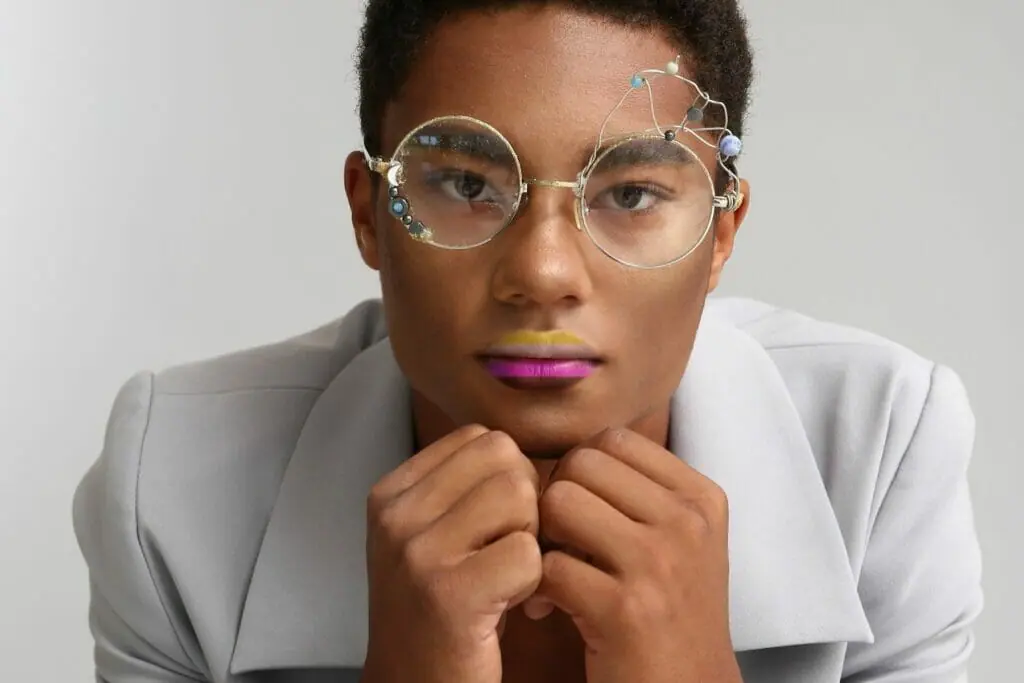
To make sense of what the term agender means, it’s vital to understand that gender isn’t as simple as society has tried to make us believe. Gender identity is how an individual identifies. It could be as a woman, a man, or as something else. While we’ve been led to believe that woman and man are two different things, it’s important to understand that gender expression and gender identity exist along the same spectrum.
There are people that identify more with being female or male. Others may fall somewhere along these two sides. Other people may want to express themselves as more feminine, and others as more masculine. There are those who may switch between male and female identities or identify as something else somewhere along the spectrum like demiboy or demigirl individuals.
Agender people can express themselves or present themselves in many different ways. An individual doesn’t have to adopt an androgynous look or act feminine or masculine for them to be considered agender. They can however do this if this is what they feel comfortable doing.
There is also a difference between Agender Vs. Genderfluid as well as Genderfluid vs. Genderqueer and by understanding this difference you will be in a better position to define what does agender mean.
While this is a general definition, if you are wanting to know what does agender means to a specific individual, it is often best to ask them to define it in their own words for you. Be mindful that while some identities may have only slight differences from others, they may still mean a lot to someone.
All you need to remember is that everyone’s experience of gender and attraction is different – and that it is for them alone to define.
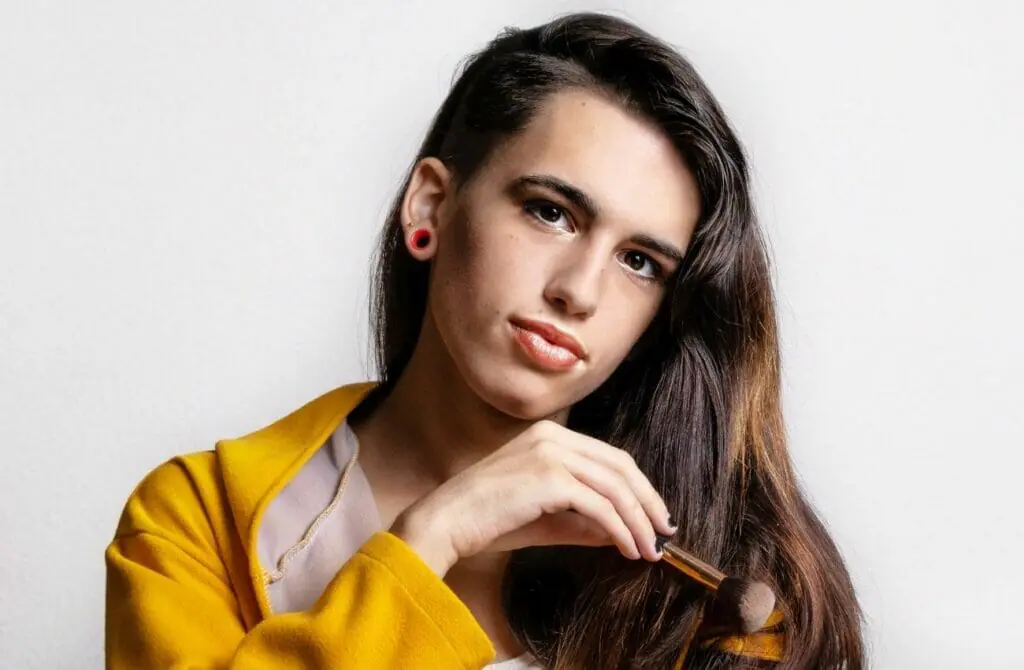
The Agender Pride Flag Means
Most queer identities have their own unique flag – and in the case of agender, the agender pride flag was created in 2014 by Salem X. It has seven horizontal stripes. The stripes are colored black, gray, and white stripes, followed by a green one, then white, gray, and black.
The black and white flags represent lack of gender, the gray ones stand for semi-genderless, and the green stripe is for nonbinary genders.
When Is Agender Pride Day?
Awareness, visibility, remembrance, and celebration are all important in increasing the acceptance and recognition of queer identities and queer folx around the world.
By observing an international day for agendered, it is easier to for agendered individuals to talk to friends and loved ones – and to feel the love. It also helps foster awareness and increased sensitives from society at large.
So, mark your calendar and plan something special (even if it is just a social media post!) for May 19th, which has been the Official Agender Pride Day since 2017!
Other Agender Information That Will Help You Be A Better Ally
Society has taught us to question the validity of different non-binary genders. It’s important to accept everyone as they are and be inclusive regardless of a person’s gender identity. We often speak in ways that contain hidden gendered cues. But, when we know better, we should always do better.
Here’s what you should know so you can be a better straight ally to the agender people in your life.
Use pronouns
When you’re in the company of an agender individual or people, introduce yourself using pronouns. This reminds other people that it’s not always obvious how someone wants to be addressed. You begin by putting your pronouns on your social media handles or your email signature. You could even display your pronouns with an LGBT pin. And instead of addressing people using binary pronouns like, ‘ladies and gentlemen, be more inclusive like “Hey, y’all!”
Try to use words such as ‘folks’ that are more inclusive—advocate for inclusive language in your workplace, college, or school documents. Most times, documents only include binary pronouns, so avoid using language that implies only two genders.
Using preferred or non-gendered pronouns may be a little confusing, difficult, or challenging initially, but it’s one way of validating an agender individual’s experience.
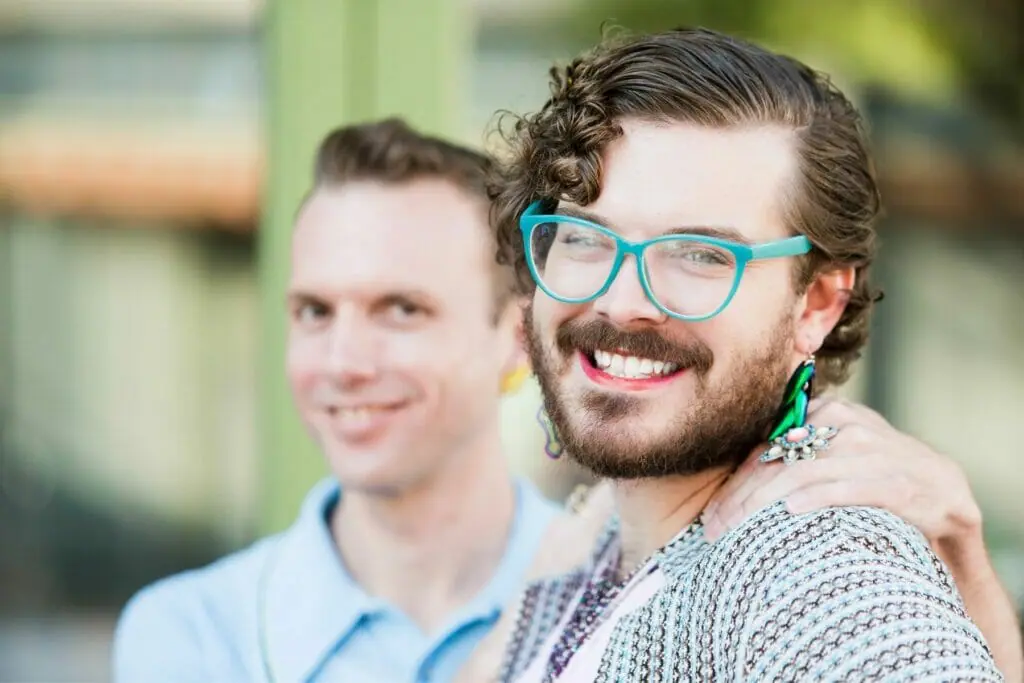
Non-disclosure
You may want to share with the people around you once someone discloses their gender. However, this isn’t the right thing to do. Just because someone was comfortable sharing with you doesn’t mean they’re ok with other people knowing their gender.
Disclosing their gender identity can cause them discomfort, especially in situations where their safety is threatened. Not all environments are safe for agender people.
Understand that it’s not a ‘phase’
Many people think that identifying as an agender individual is a ‘phase.’ But it isn’t. Like any other gender, agender is just as valid. Some people know from an early age that they’re agender, so offering them support will positively affect their well-being and mental health.
When someone says they’re agender, it doesn’t mean they’re ‘confused. Just because someone’s experience isn’t similar to yours doesn’t mean it’s not real. Even though the term ‘agender’ is relatively new, agender people have existed throughout history.
Many cultures across the world have spaces and words for people who identify as agender. One part of fighting for personal freedom and gender justice is to honor the identities and experiences of the people around you, even if you don’t understand them so much.
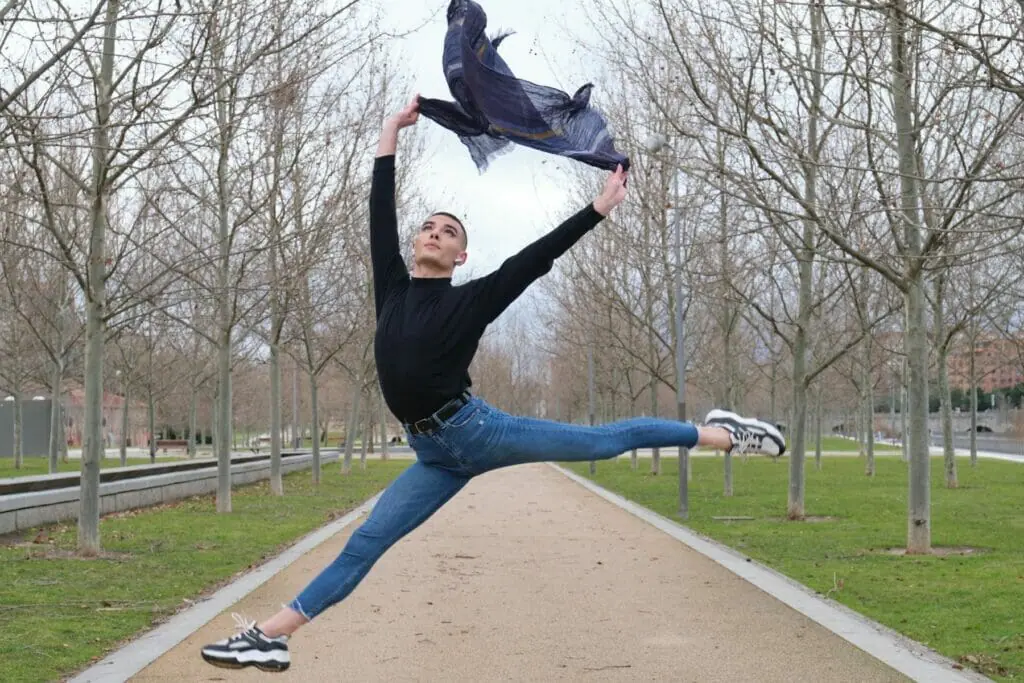
Don’t make assumptions
Just because someone identifies as agender doesn’t mean they can’t explore their gender presentation. Even though agender people identify as having no gender, they can desire, at times, to appear masculine, feminine, or both. All this depends on how an individual feels. You cannot tell someone’s gender – and non-binary makeup is often specifically to stop you guessing.
Anyone can feel empowered by their fashion sense or skewing gender stereotypes by wearing lipstick. However, dressing a certain way can also be about having fun or being playful. It may also be a political declaration of sorts. Anyone trying to figure out the best way to feel at home in their identity or body can experiment with gender presentation.
Keep in mind agender people don’t always experience dysphoria
Gender dysphoria often causes people who experience severe distress accompanied by impairments in occupational and social function. Agender people may not have similar experiences to people with gender dysphoria who choose a physical body that matches their gender identity.
Agender people feel they are feminine or masculine and may be comfortable in their bodies. Some may not be comfortable or happy in their body, so it’s always best to find out how someone feels before making the wrong assumptions.
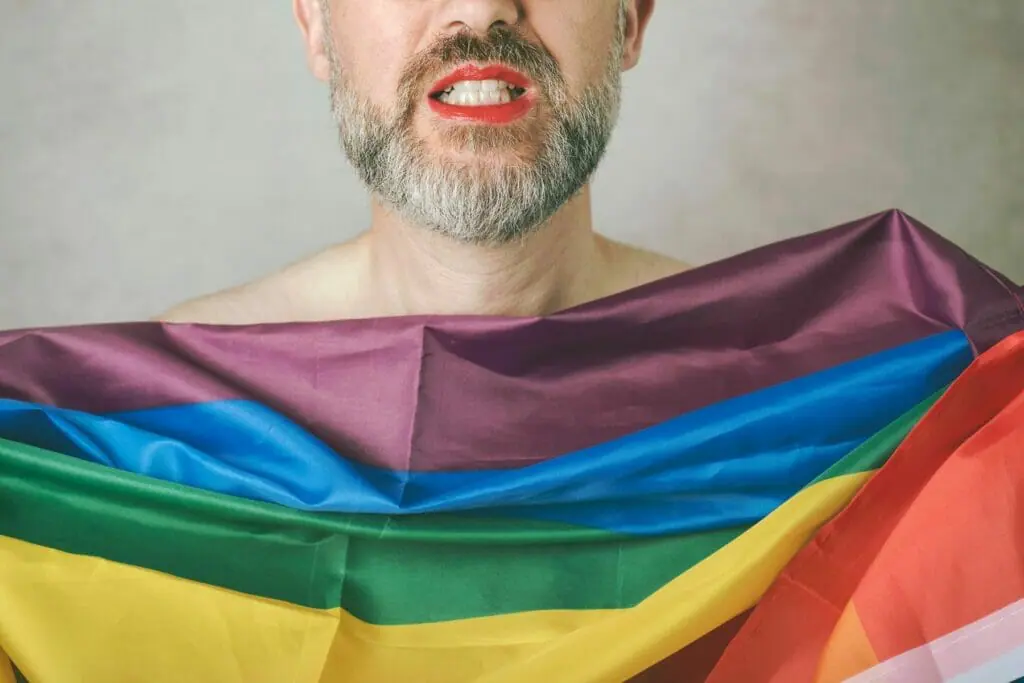
Clear your head
Even if you don’t acknowledge it, you most likely have biases and prejudices that you should confront. It might be uncomfortable for you to realize it at first, but once you realize what they are, you will be able to defy them.
Confronting your biases includes educating yourself about what being agender is. Remember that the LGBTQ community no longer uses derogatory terms such as ‘homo’ or ‘homosexual’. Instead many prefer to use the term ‘gay’, ‘queer’, or ‘lesbian’ to describe themselves, and the most commonly used pronouns for genderqueer folx are ‘they/them/theirs.
Never, ever, ever say “it” – because only a bad human would want to refer to another human in this way – regardless of gender.
Some people like to make crude comments or derogatory remarks and jokes towards gender-non-conforming folx. If you hear such remarks against your friend or other people in the queer community, speak up against such prejudices and let them know it isn’t right to encourage or take part in it.
The same goes for any jokes that are at others’ expense, especially queer marginalized communities and misunderstood identities such as intersex, asexual, transgender, non-binary, genderqueer, and genderfluid. We are not here to be the butt of any jokes – and quite frankly, are sick of it. It is not – and never was – OK.
Most times, offensive material is circulated on social media or WhatsApp. Remember to tell people that are making such comments why it’s wrong to do that.
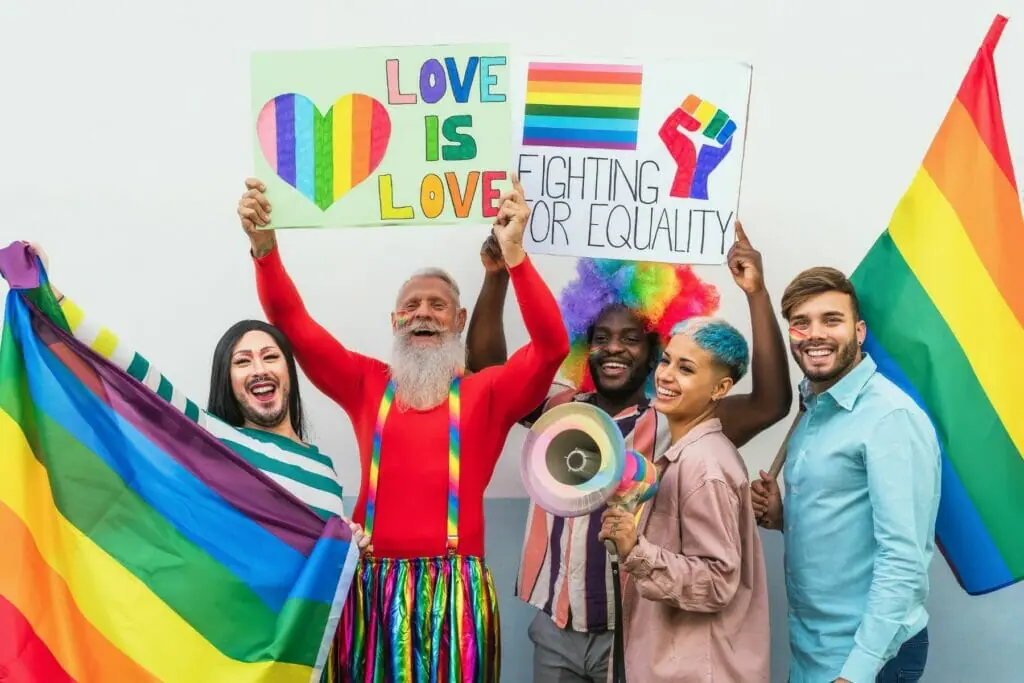
Educate yourself
It’s normal to be curious about someone else’s gender identity. However, it’s not ok to ask invasive or personal questions. Do a little research about what it means to be an agender. Ask questions only if the person in question is comfortable and read about the history of non-binary identities. Being agender isn’t as ‘new’ as you might think.
Many of us are conditioned or socialized to expect specific ideas on gender while growing up. Almost always, we’re taught to think of gender as binary rather than fluid. More than anything else, being an ally to agender people means we question what we know and unlearn oppressive ideas.
It would help if we were always open to other ways of understanding gender. This is the only way we can genuinely appreciate gender diversity and the special people we call our loved ones.
